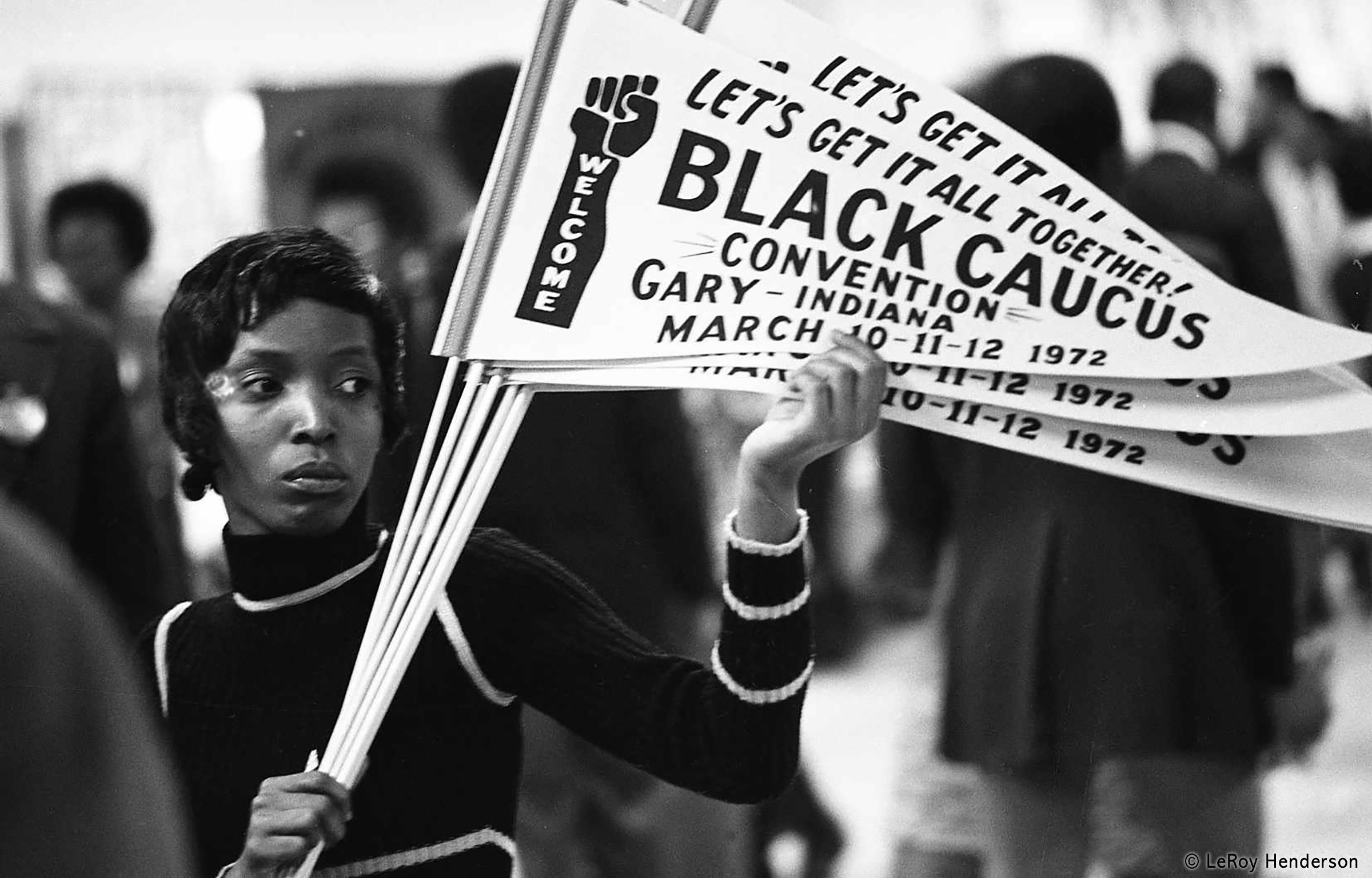
Advanced Ideas About Democracy
Reading by Vincent Harding
Excerpts from Hope and History: Why We Must Share the Story of the Movement, a well-annotated list of historic events for teaching the full story of the Civil Rights Movement.
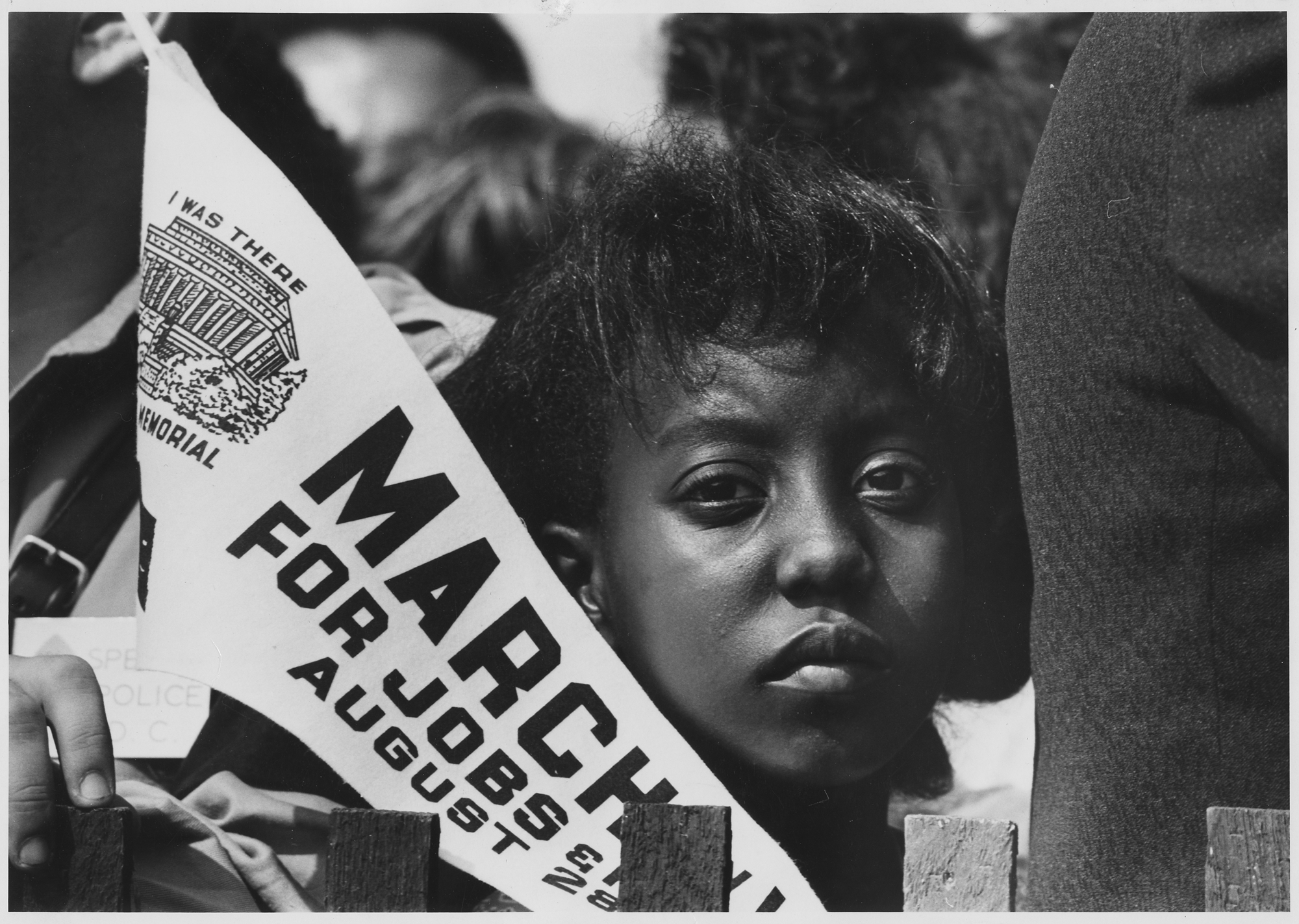
Claiming and Teaching the 1963 March on Washington
Reading by Bill Fletcher Jr.
The March on Washington did not begin as a classic civil rights march. It is barely remembered that the March on Washington was for freedom AND jobs, or that the march was initiated by black labor leaders.
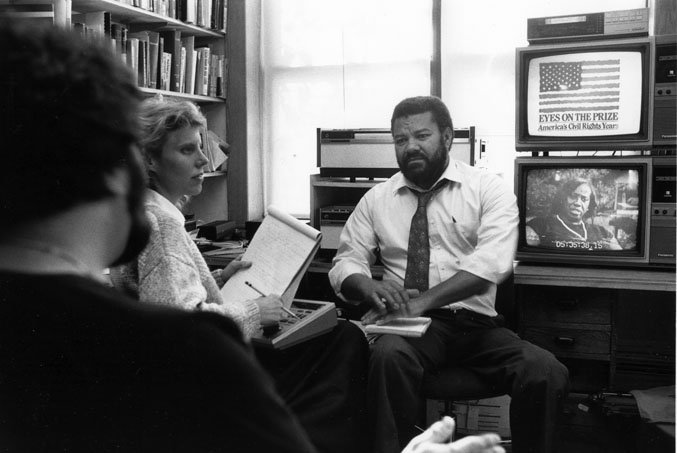
Teaching Eyes on the Prize, Teaching Democracy
Reading by Judy Richardson
Richardson shares key insights and considerations for teachers when using the Eyes on the Prize film.
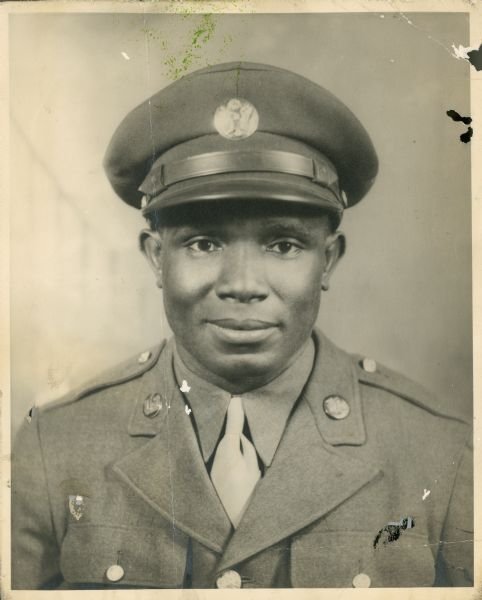
Patriotism over Democracy: A Critical Analysis of U.S. History Textbooks
Reading by James Loewen
Examination of how U.S. history textbooks misrepresent the role of the federal government in foreign and domestic policy, minimizing the potential power of the people.
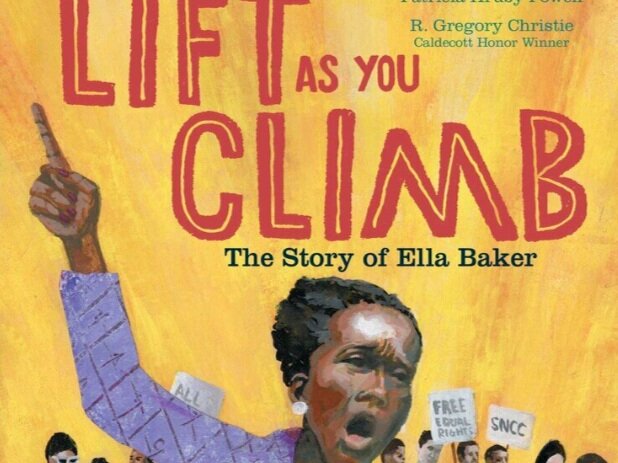
Children’s Book on Ella Baker: A SNCC Veteran’s Review
Reading by Judy Richardson
A critical review of the picture book, Lift as You Climb: The Story of Ella Baker.
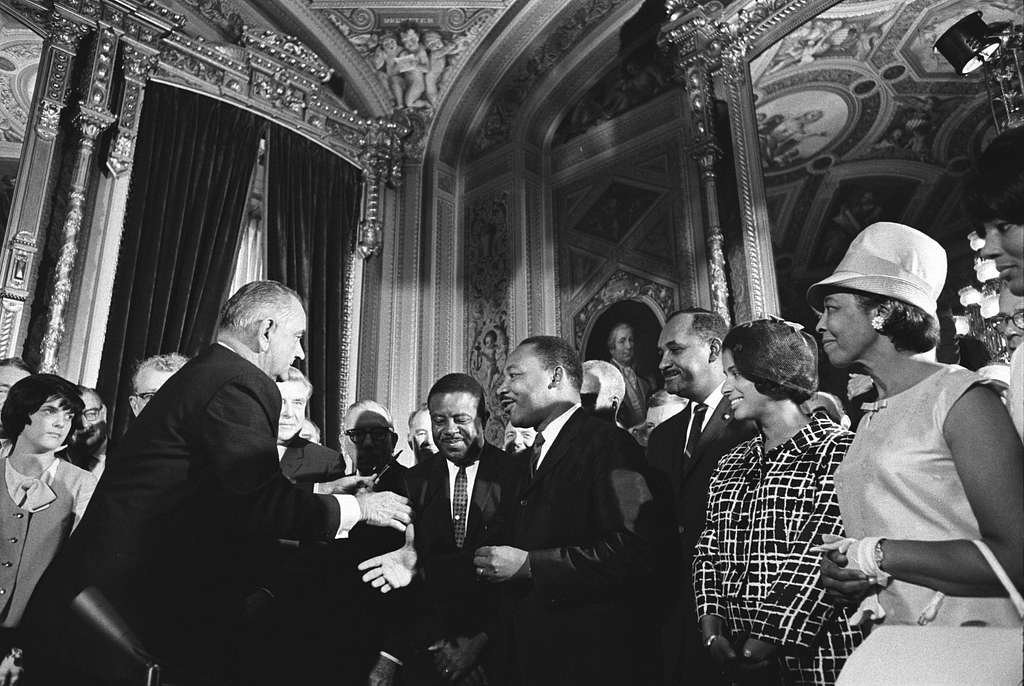
Civil Rights Act and Voting Rights Act
Reading by Emilye Crosby
This text explains how the Civil Rights Act and Voting Rights Act addressed distinct forms of racial discrimination. It is provided as background information for “A Documents-Based Lesson on the Voting Rights Act: A Case Study of SNCC’s work in Lowndes County and the Emergence of Black Power” by Emilye Crosby.
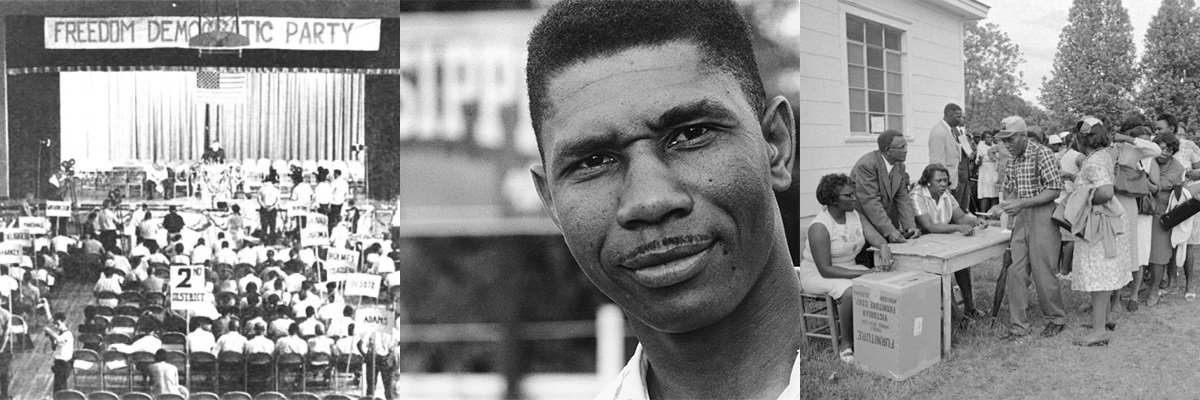
Key Dates in Voting Rights History
Timeline by Emilye Crosby
This timeline of key dates in the struggle for voting rights is provided as background information for “A Documents-Based Lesson on the Voting Rights Act: A Case Study of SNCC’s work in Lowndes County and the Emergence of Black Power” by Emilye Crosby.

Bloody Selma
Reading by Prathia Hall
This essay about organizing in Selma is excerpted, with permission, from Hands on the Freedom Plow: Personal Accounts by Women in SNCC.
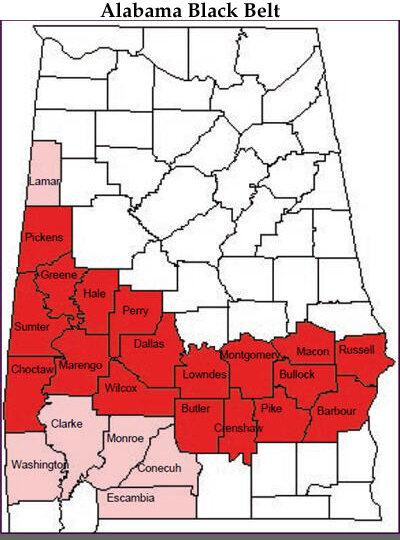
The Alabama Project
Reading by CRMVet.org
In September 1963, when four young girls were killed in the Birmingham bombing of the 16th Street Baptist church, Diane Nash Bevel and her husband James Bevel drew up a "Proposal For Action in Montgomery" — a plan for a massive direct action assault on denial of voting rights.
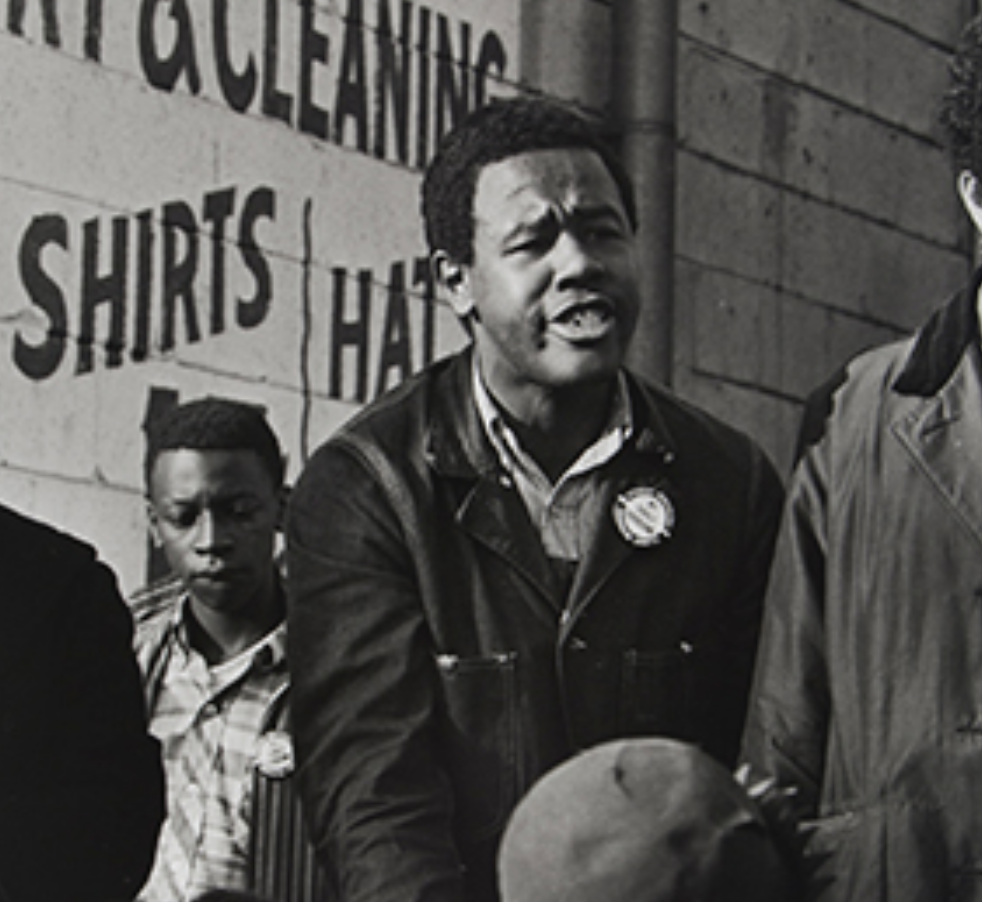
From Civil Rights to Black Power: The Significance of the 1965-66 Alabama Freedom Movement
Reading by Abayomi Azikiwe
The application of independent politics transformed the African American struggle in Selma, Alabama.
